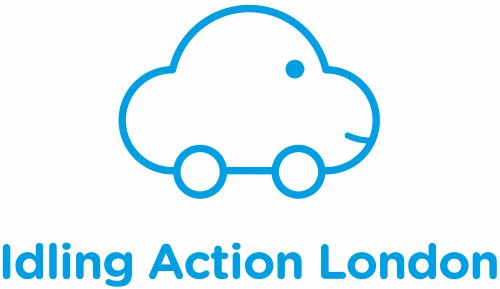“I wish there wasn’t so much emphasis on wellbeing at the moment.” That’s not really a phrase you expect to come across in conversation right now, is it? Surely, we want more emphasis not less? Naturally, I was a bit surprised to hear it from a friend.
Opinion
In praise of negativity
Of course, I had to ask why. It turned out that they didn’t mean quite what I thought. The more we talked about wellbeing, the more I understood. Undoubtedly, my friend wanted to feel well – the problem was that they perceived a pressure to be supremely, permanently, and for them, overbearingly, upbeat, or positive.
I don’t believe that’s what wellbeing is about. Nor, I am sure, do you. But still, the perception was there. And what my friend yearned for was respite from it, from a burdensome expectation which they associated with workplace wellness initiatives and wider society.
I vaguely recall how one of author Herman Melville’s characters talked of experiencing a damp, drizzly November in their soul. This autumnal feeling made him feel ‘grim about the mouth’ and prompted the desire to ruminate or run away. What my friend wanted was permission to have off days, moments of negativity, unevenness of mood. She wasn’t necessarily asking others to accept her November moments. She just wanted to not feel guilty about having them.
Which begs a question. How do we ensure that organisational wellbeing strategies underpin employees’ wellness without simultaneously creating unrealistic emotional expectations? How can we help staff navigate their November moments? Clearly, management needs to think about this when designing approaches to wellbeing inside organisations.
There’s a role here for organisational leaders too. To speak out in praise of negativity. I can’t imagine it would be popular. I have always felt the need to be unrelentingly positive and enthusiastic. Boards expect it. Teams need it. Or at least I assume so. But I think we need to get better at seeing the benefit of imperfection. Most of us feel grumpy from time to time, some of us are more melancholic than others and yes, everyone has off days. Moreover, we all make mistakes, and we all face problems and challenges.
I am reminded of Minnesotan band, Cloud Cult. Their lead singer, Craig Minowa, once said that true wisdom comes from balance. That it derives from the things that have burned you as well as those lovelier bubble-gum aspects of life. It is a thought perhaps best expressed in their song, No Hell, in which it’s proclaimed: “The best things we’ve learned, we learned from the wreck.”
My own research shows that negative moods or emotions push us inward, fixing attention on our own circumstances at the expense of colleagues, customers or clients. So, it makes sense to avoid creating negative organisational climates.
But if we seek to eradicate negatives from the workplace completely, what will we lose?
We would be eschewing balance. We might be missing out on life in its fullest, with all its imperfections and what they can teach us. We could even be making wellbeing harder to achieve.
So, accentuate the positive? Yes, absolutely.
Eliminate the negative? No, not always.
Leave space for a little greyness in your soul. You never know what you might gain from it.
Being Well Together programme:
beingwelltogether.org
Samantha Peters is Chair of BSC Being Well Together Committee
OPINION

Why your business should act on engine idling
By Jack Alexander, project officer, Idling Action London on 01 October 2021

The air we breathe is all our business
By Nicky O’Malley, director of corporate partnerships, Global Action Plan on 01 June 2023
Businesses have a vital role to play in improving air quality – and the UK’s Clean Air Day on 15 June is a great opportunity for companies to begin or renew their efforts in this area.

All jobs greener: why we need workforce transformation for a sustainable future
By Martin Baxter, deputy CEO, IEMA (Institute of Environmental Management & Assessment) on 01 June 2022
The shift to a green economy will create green jobs within new and emerging sectors, while those working in existing sectors will have to gain the requisite green skills to take advantage of the business value-creation opportunities that come from embedding sustainability across the whole organisation.



